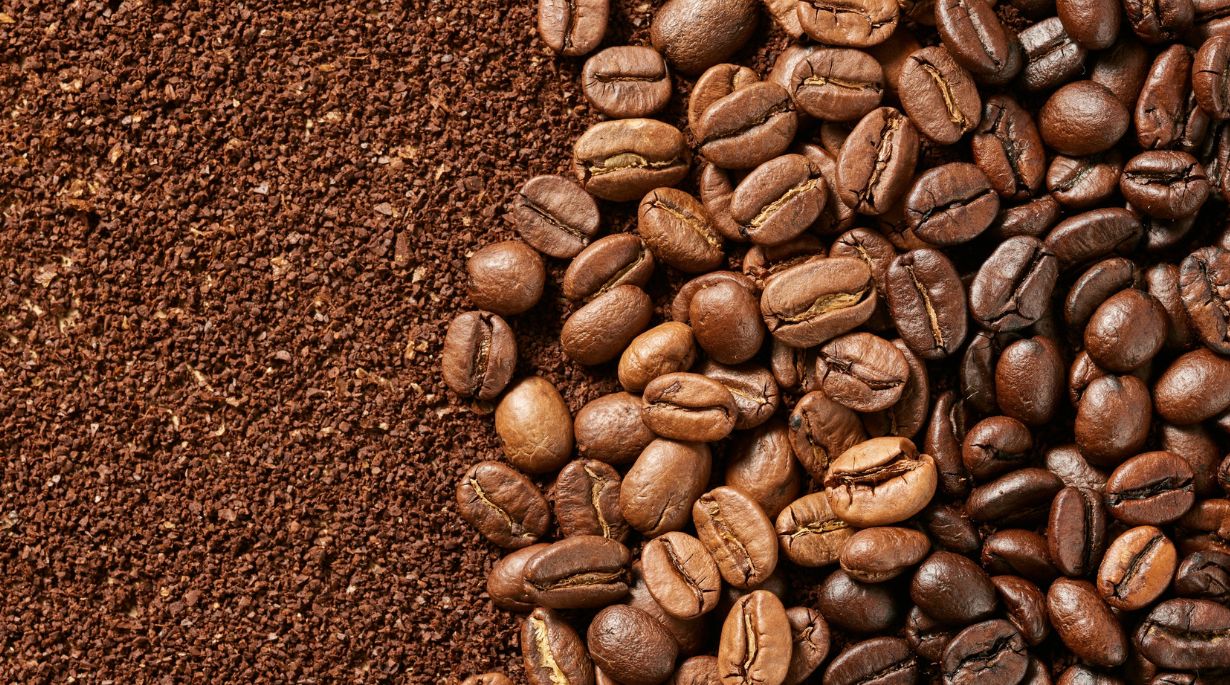
The World’s Best Regions for Specialty Coffee
The Terroirs That Shape the Taste of Coffee
When it comes to exceptional coffee, it’s not just about roasting. The terroir — climate, altitude, soil type, and cultivation methods — profoundly influence the final flavour. At Moulin Abénakis, we select coffees from world-renowned regions to offer Canadians a rich, authentic, and sustainable experience.
1. Central America and Mexico: Balance and Finesse
Central America is a key hub for specialty coffee. You’ll find balanced coffees with floral and delicately fruity notes.
- Nicaragua (Jinotega, Matagalpa, Segovia): smooth coffees with medium body and hints of hazelnut and cocoa.
- Mexico (Chiapas, Oaxaca): round and aromatic coffees grown on fertile volcanic soils.
- Guatemala (Antigua, Huehuetenango): complex coffees with aromas of dark chocolate, red fruits, and flowers.
These origins stand out for their natural balance and versatility — perfect for both filter coffee and refined espresso.
2. South America: The Heart of the Coffee World
South America is essential for any coffee lover.
- Brazil: the world’s largest producer, known for mild, low-acid coffees with nutty and caramel notes.
- Colombia: famous for its bright acidity, fruity aromas, and generous body.
- Peru: often grown organically at high altitudes, Peruvian coffee is balanced and subtly floral.
At Moulin Abénakis, we celebrate these terroirs through coffees like our Gourmet Medellín and Bold Espresso — selections that evoke the aromatic richness of the Andes.
3. Africa: The Birthplace of Coffee
Africa is recognized as the origin of Arabica coffee, and its terroirs remain among the most sought-after.
- Ethiopia (Yirgacheffe, Sidamo, Harrar): vibrant coffees with aromas of jasmine, bergamot, and blueberry.
- Kenya (Nyeri, Kirinyaga): bright acidity, full body, and notes of blackcurrant and citrus.
- Rwanda and Uganda: high-altitude coffees offering a unique balance of smoothness and liveliness.
These coffees attract connoisseurs seeking bold and expressive cups.
4. Asia and Oceania: The Strength of Exotic Flavours
Less known to the public, some regions of Asia and Oceania produce truly unique coffees.
- Indonesia (Sumatra, Java, Sulawesi): full-bodied coffees with earthy, spicy, and woody notes.
- India (Western Ghats): smooth, caramelized coffees with a subtly spiced touch.
- Papua New Guinea: tropical, balanced coffees with remarkable floral freshness.
5. Moulin Abénakis Coffees: A Journey in Every Cup
Our coffee selection reflects this direct connection between terroir and cup. Each origin is chosen to deliver a distinct tasting experience:
- Velvety Managua Coffee (Nicaragua): smooth and refined.
- Bold Misti Ground Coffee: a tribute to the Andes and their robust profiles.
- Gourmet Medellín (Colombia): a balanced coffee rich in character.
- Mexico Decaf: all the smoothness of Mexican coffee, without the caffeine.
Carefully roasted in Quebec, our coffees preserve the unique characteristics of each region while ensuring consistent quality.
6. Why Choose Specialty Coffee?
Choosing specialty coffee means opting for:
- an authentic product grown under ideal conditions,
- a fair trade and often organic coffee,
- an artisan roast made locally in Quebec,
- a tasting experience that goes far beyond the morning cup.
With Moulin Abénakis, every cup becomes a journey — from Ethiopia to Colombia, via Mexico and Nicaragua.
FAQ – The Best Coffee Regions in the World
Which is the best coffee region in the world?
It depends on your taste. Ethiopia is known for its floral and fruity coffees, while Colombia offers balanced and indulgent profiles.
Which coffee is the strongest?
Indonesian coffees (Sumatra, Java) and certain Latin American blends deliver bold, full-bodied profiles.
What’s the difference between African and South American coffee?
African coffees are often fruitier and more floral, while South American coffees are smooth, chocolaty, and balanced.
Why choose Moulin Abénakis?
Because our coffees are selected from the best regions in the world and artisan roasted in Quebec — combining authenticity and local craftsmanship.